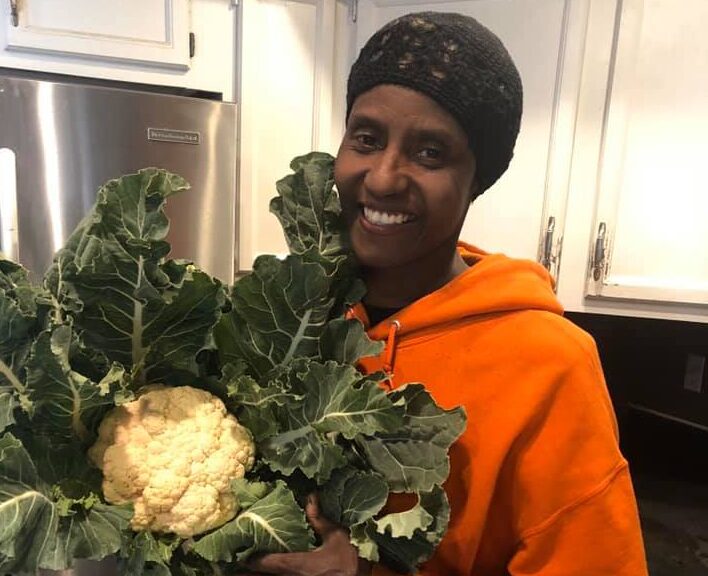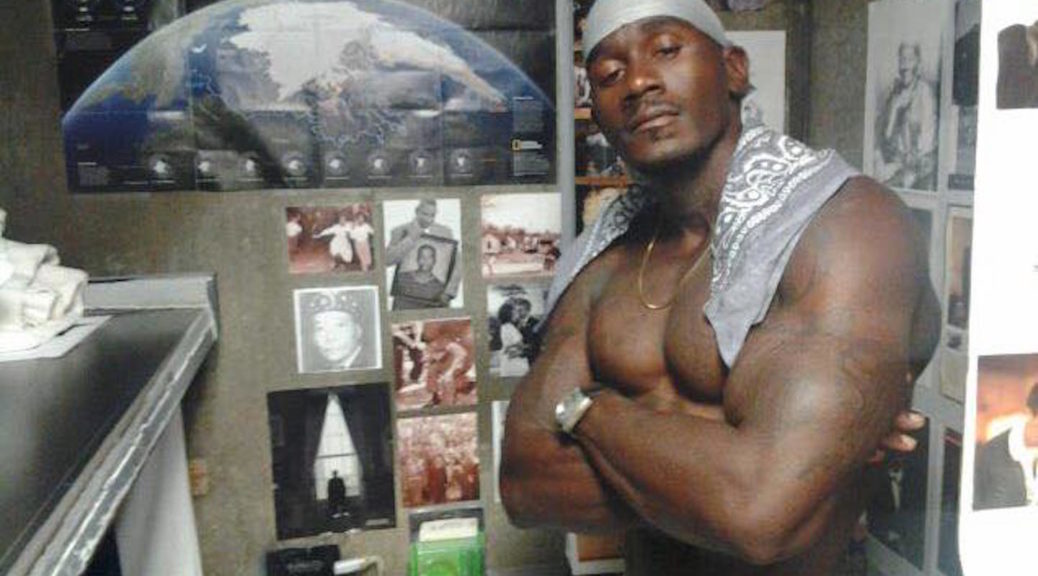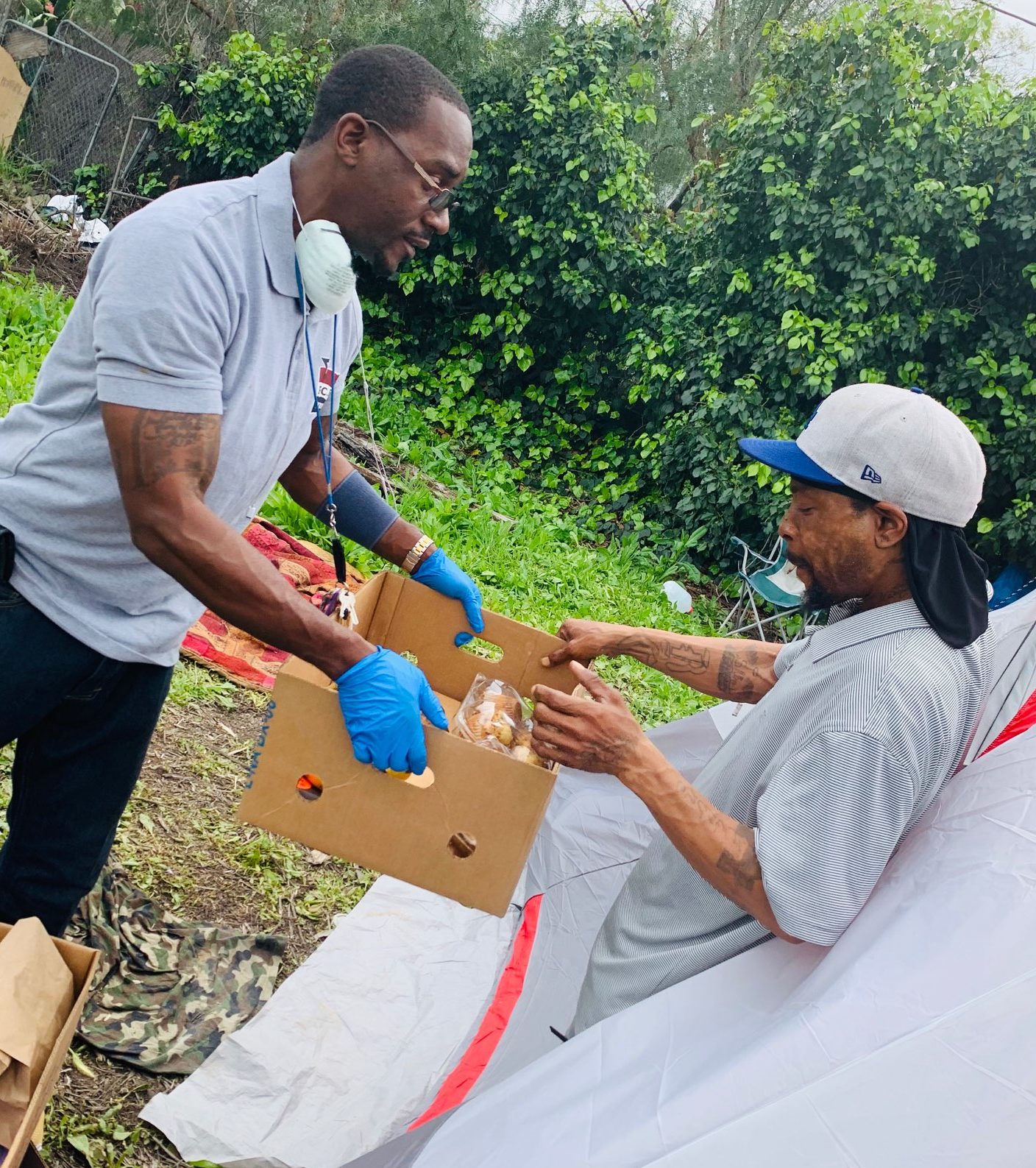Bridget Pettis is leaving the WNBA to focus on her nonprofit Project Roots AZ amid health concerns for the players over coronavirus.
By: Heather Newgen
Fans have seen the last of Bridget Pettis on the court. The former WNBA star recently left her position as assistant coach of the Chicago Sky due to health concerns over Covid-19, as well as the civil unrest around the country.
Pettis will instead put her focus on her community in Phoenix, Arizona, where she founded the nonprofit Project Roots AZ. The organization’s mission is to have healthy affordable food available to everyone by teaching people to grow their own food through various educational programs. Besides growing gardens to help others, Project Roots AZ supports people experiencing homelessness by feeding them from their community gardens and mobile kitchen service, while supplying clothing and shelter.
RELATED: Harlem Grown: How one man transformed a NYC neighborhood from the ground up
“I asked a lot of questions that not too many people were happy about. I discovered that some medical staff of teams not only believe it’s not safe, but also the women don’t have enough resources as they believe we should unlike the NBA going into this bubble,” Pettis said in a statement. “If the WNBA cannot upgrade the situation even more with safety I feel the WNBA should wait and play the following season. Why put ourselves and players in Florida as cases increase?”
Pettis believes giving back to others is the pivot needed right now. “I feel the WNBA should use it’s platform this year in the communities of the teams and the communities where players live, said Pettis. “I encourage others to find a project they are passionate about and jump in 100%. We can play next year.”
RELATED: Sharon Stone on star-studded Project Angel Food telethon
She added, “I definitely understand the WNBA is a business, but we need healthy players for this type of business to function properly, said Pettis. “We seek to provide and promote a healthier, natural and more sustainable way of living in urban areas where there is a need. This is the right decision for me and others as we move forward during the pandemic.”
Bridget Pettis is working full-time on the nonprofit and is always in need of volunteers to help plant, weed and harvest at their two gardens located at Spaces of Opportunity (1200 W Vineyard Rd, Phoenix, AZ 85041) and Agave Farms (4300 N Central Ave, Phoenix, AZ 85012.).
Along with volunteering in their gardens, the nonprofit also offers seasonal produce bags, sells garden boxes for home use, makes soup for the homeless and sells at the Spaces of Opportunities farmers markets.
For more information visit www.projectrootsaz.org.




